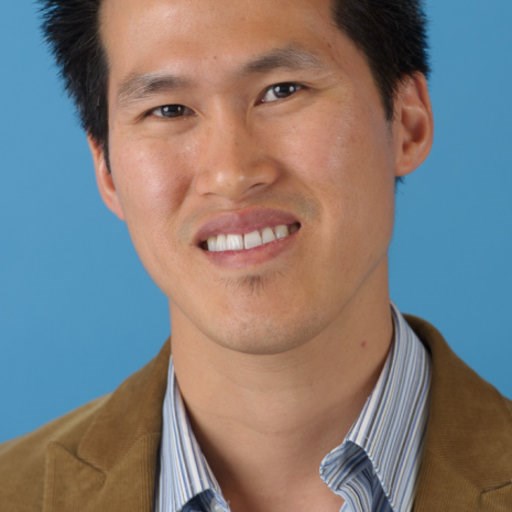New ways of looking at patient data could help lead to a Healthy Barrie, city council heard Monday.
Healthy Barrie’s goal is to improve health and well-being, support health innovation and develop research capacity in the city. A community-based partnership involving public health, primary care, the University of Toronto and the city, it connects health organizations and creates opportunities to work on projects of aligned interest.
“These are typically issues that go beyond any single organization and can really benefit from collaborative work,” said Dr. Patrick Feng of the University of Toronto, project manager for Healthy Barrie.
“The spirit of this project really is to work with our community partners and really understand what it is that they are most interested in and then find ways to support the work of the community partners.”
Its early projects include prescribing outdoor time and supporting physical activity, along with walking and biking to school, to support and enable Barrie residents to lead healthy, active lives.
The current project is a community snapshot - looking at life expectancy, anxiety, depression, smoking, diabetes, low incomes, obesity, healthy food, emergency service calls and heart disease, in all more than 30 tools.
An on-line tool was created that maps different health indicators across Barrie; the city is divided into six neighbourhoods that are similar to each other in terms of their environmental and social demographics. Health outcomes are compared to behaviours, for example, such as anxiety and depression with smoking,
“This doesn’t show that anxiety is linked to smoking, but it can show some interesting associations that could inform planning or a study or pilot project,” Dr. Feng said. “It’s really great as a planning tool, more than a tool to prove causation.”
The data itself comes from Healthy Barrie’s partners, Statistics Canada and the Barrie and Community Family Health Team.
“You have a single family health team and so almost all the family doctors within Barrie are on a shared electronic medical record," Dr. Feng said, “which means we can pull that data together and then use it, anonymized, of course, to understand not just the majority of individual patients, but how the community is improving in terms of health.”
“The reason that we wanted to do this in Barrie is…it’s a community where you’ve got a rather elegant health system structure, with really one family health team,” said Dr. Adalsteinn Brown, who’s done provincial modelling for COVID-19, and is dean of the Dalla Lana School of Public Health, also at U of T.
“You’ve got one hospital, you’ve got a very dynamic (Simcoe Muskoka District) health unit and you’ve got engaged decision-makers who rather than sort of looking at us oddly when this data gets presented are asking for more and more data and looking for more finely grained data, and that’s kind of what makes this exciting.”
Barrie Mayor Jeff Lehman said the city’s family health team has about 135,000 patients on its roster.
“Part of the reason this data is so powerful is because of the multiple different ways that it can be used by all four project partners,” he said. “What’s brand new with this partnership … is the ability to actually look at the entire city of Barrie, a huge proportion of the population, almost all of it, and identify what the health situations were and patterns within that data.”
These patterns could help influence where community centres are built, which programs are offered, in which parks, how public transportation works, where social services go and urban planning.
“Where you are in the city makes a big difference to your quality of life, what you have accessible to in terms of resources and amenities, so it’s not surprising that health outcomes often vary across the geography,” Dr. Feng said. “The ultimate goal is to have impact in the community, it’s not to create something that kind of looks nice and then sits on the shelf somewhere.”
Dr. Feng’s Healthy Barrie presentation to city council generated a number of questions, many for more information.
Coun. Jim Harris, for example, suggested looking into the impact of screen time on youths, given COVID-19.
Healthy Barrie has asked for city council support, but no funding request was mentioned Monday.



